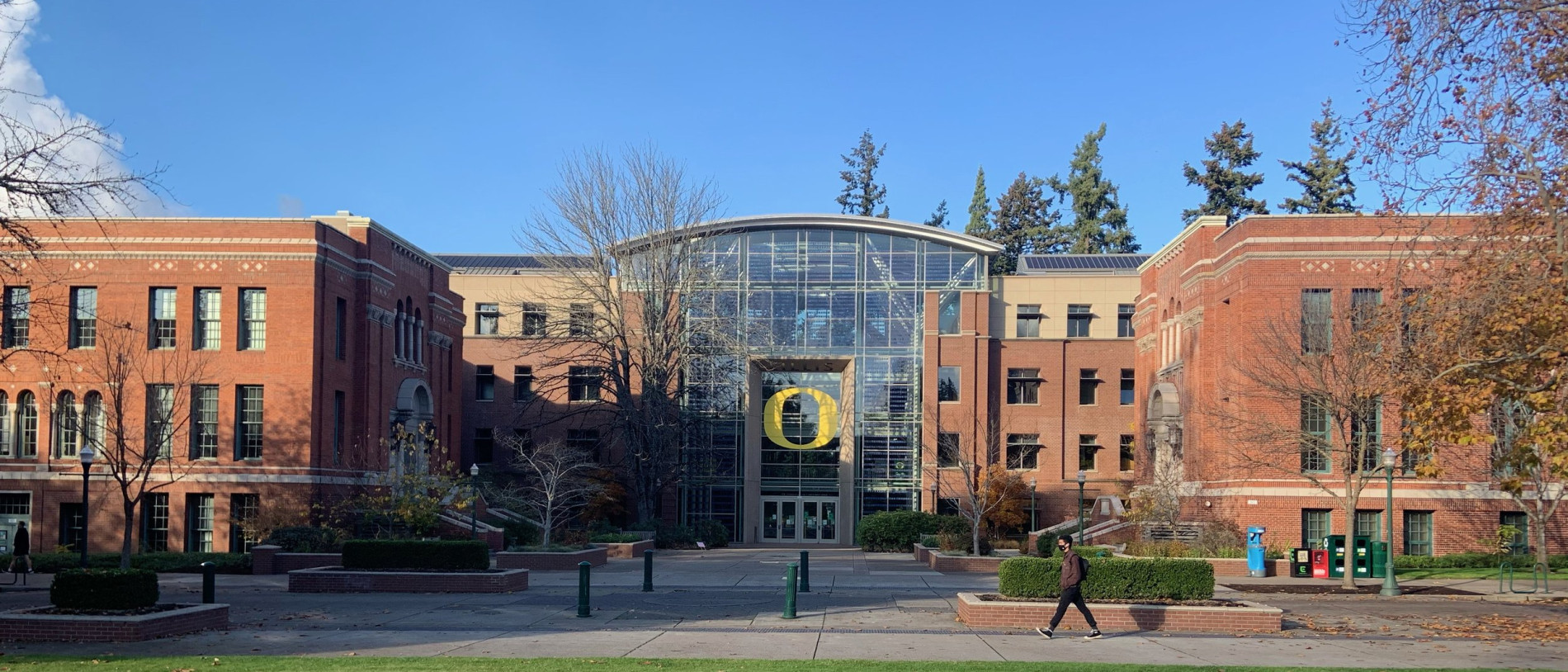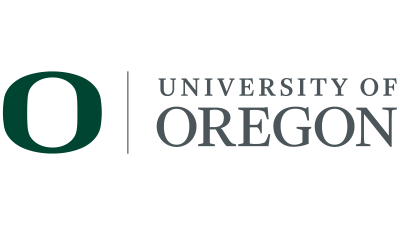

University of Oregon
Human Physiology
Study detals
: Bachelor's degree : Human Physiology BA/BS : Full time : 48 MonthRequirements
- English entry - TOEFL 88+ (IELTS 7.0)
- GPA entry - 3.0 GPA or equivalent
Speciality
If your English and / or academic level is lower than what you see above, please contact us. We will do everything we can to find you a great path to university.
Additional information
About the major
Human physiology is the science of the mechanical, physical, and biochemical function of humans, and serves as the foundation of modern medicine. As a discipline, it connects science, medicine, and health and creates a framework for understanding how the human body adapts to stresses, physical activity, and disease.
Undergraduate students in human physiology complete preparatory science courses in chemistry, biology, mathematics and physics that prepare them for upper level coursework in human anatomy and physiology as well as courses that explore the functional and structural mechanisms underlying human health and performance across the life span. The majority of our students aspire to be professionals in health-science fields such as medicine, physical therapy, nursing, dentistry, pharmacy, education, and research.
A little more info
- Experiential learning opportunities allow students to apply knowledge learned in human physiology courses and to gain insight into various career options. We offer practicum opportunities in athletic training and pre-physical therapy. Additionally, students interested in research can acquire first-hand experience into the scientific process by working with our award-winning research faculty.
- Practical learning occurs in the classroom, too. The Human Cadaver Dissection Lab, which houses eight donor bodies, offers the unparalleled opportunity for hands-on exploration of the human form. Advanced undergraduates may also earn the rare opportunity to participate in the annual dissection course, when the donated bodies are prepared for instructional use.
- Contemporary research in human physiology explores new ways to maintain or improve quality of life, development of new medical therapies and interventions, and charting the unanswered questions about how the human body works.